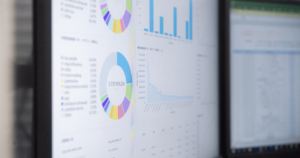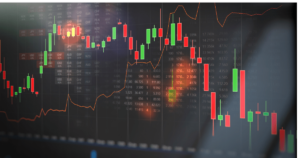The Perils of Greed
Greed is defined as an insatiable desire for excessive wealth or profit. Traders afflicted by greed become consumed by the pursuit of monetary gains, often disregarding rational decision-making and risk management. Unlike anxious traders who may avoid trades due to fear of losses, greedy traders tend to engage in overtrading and take undue risks, driven solely by their desire for more profits. However, this approach is inherently flawed and can lead to significant financial setbacks.
Risk-Reward Assessment
To counteract the influence of greed, traders must consistently evaluate the risk-reward ratio associated with each trade. This involves considering the potential gains versus the potential losses and determining if the trade aligns with their overall trading plan. Additionally, adopting a cautious approach by adjusting position sizes for trades that are less certain can help mitigate the impact of impulsive decisions driven by greed.
Overcoming Greed
Acknowledging that losses are an inherent part of trading is a crucial step in overcoming greed. Even the most skilled traders experience occasional losses. By accepting this reality, traders can develop a more realistic perspective and set achievable goals. Avoiding rigid monetary targets is advisable due to the unpredictable nature of the markets.
Instead, traders should focus on continuous self-improvement and skill development. Dedicate time each day to enhance your trading knowledge by reading educational materials or practicing on a demo account. By prioritizing personal growth and mastery of trading strategies, rather than fixating solely on profits, traders are more likely to achieve long-term success.
Key Takeaways
- Greed is considered the most dangerous trading emotion due to its potential to cloud judgment and lead to impulsive and irrational decisions.
- Greedy traders often engage in overtrading and disregard risk management practices, which can result in significant financial losses.
- Overcoming greed involves accepting the inevitability of losses and setting realistic expectations.
- Focus on skill development and continuous learning to improve trading abilities and achieve sustainable profitability.
- Regularly assess the risk-reward ratio of each trade and adjust position sizes accordingly to mitigate the influence of greed.
Conclusion
Recognizing and addressing the dangers posed by greed is essential for successful trading. By understanding the detrimental effects of this emotion and implementing strategies to overcome it, traders can develop a disciplined and rational approach to their trading activities. Cultivating self-awareness, emphasizing risk management, and prioritizing personal growth are key steps towards achieving long-term profitability in the dynamic world of trading.







